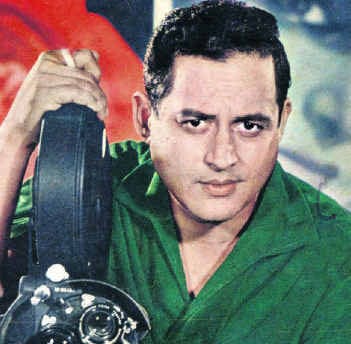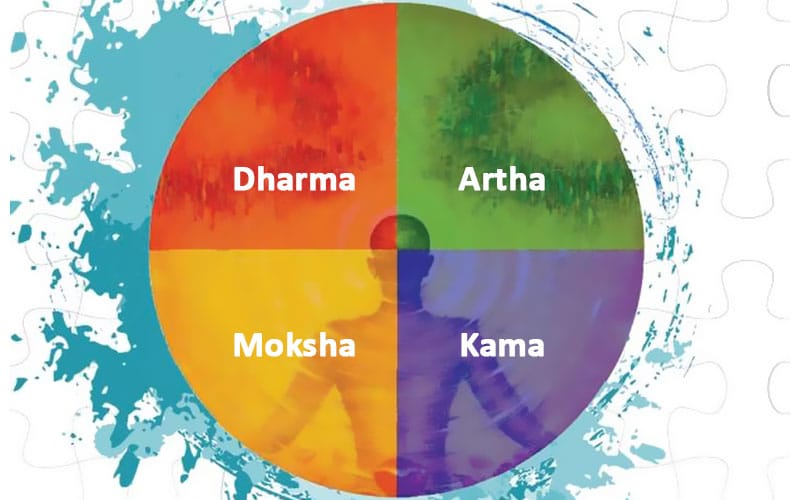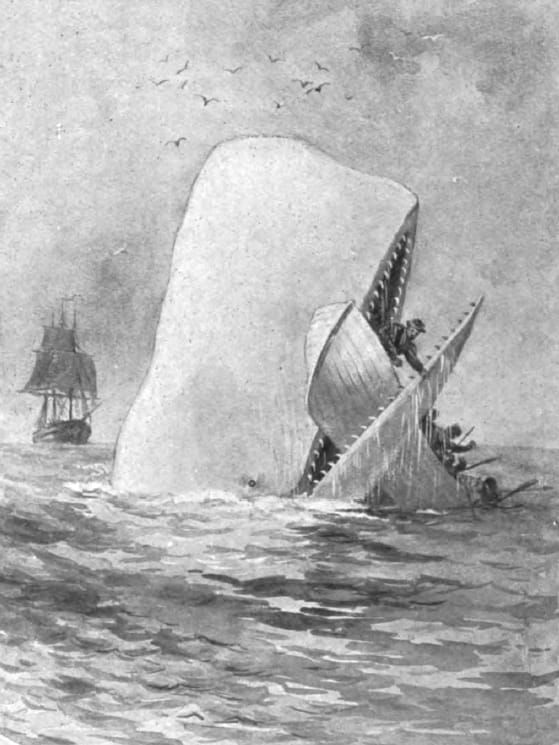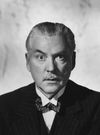Guru Dutt

Guru Dutt (1925-1964) was "an Indian film director, producer, actor, choreographer, and writer. He is regarded as one of the greatest filmmakers of Indian cinema," says Wikipedia, but he was dead at 39 in Mumbai, a victim of heavy smoking and drinking, sleeping pills, failed relationships and possibly suicide. I particularly love the moody atmospheric film Sahib Bibi Aur Ghulam (The Master, the Wife, and the Slave), which he produced in 1962.
When Jacques remarked in As You Like It that All the world’s a stage, he divided a man’s life into 7 ages, with acts 3-6 representing adult life: the lover, the soldier, the justice and the retiree. Jacques was a pessimist of course; like most Westerners he divided life up by one’s profession.
In Hinduism’s purusharthas, there is a different scheme: pleasure (kama), worldly success (artha), duty and responsibility (dharma) and liberation (moksha). Indian philosophers are mostly optimists: liberation is a lot better than second childhood, sans everything.

For John Lennon and Guru Dutt, pleasure only lasted through their mid-20’s. Work and success dominated their mid-20’s through 40 when they died. For those who make it past 40, that is when consciousness of dharma sets in and when most writers and artists start saying interesting things about sex (up till then they have been busy doing it or wishing they were doing it). But if sex diminishes at 40, why do away with it altogether and become celibate, as the gurus advocated, a necessary condition, apparently, for reaching moksha?

I think of Lennon and Dutt as cynics. They were non-believers. Melville in Moby-Dick seems to have been influenced by this kind of thinking in this Shakespearean soliloquy from the wonderful Chapter 114: "The Gilder":
There is no steady unretracing progress in this life; we do not advance through fixed gradations, and at the last one pause: - through infancy's unconscious spell, boyhood's thoughtless faith, adolescence' doubt (the common doom), then scepticism, then disbelief, resting at last in manhood's pondering repose of If. But once gone through, we trace the round again; and are infants, boys, and men, and Ifs eternally.
It seems clear that for Melville at least, and maybe for Lennon and Dutt when they died, or Homer's Odysseus, we cannot escape from the stream of life, or Siddhartha's river or Hesse's mountain, and we don't really ever understand any of this. It's all If...
Where lies the final harbor, whence we unmoor no more? in what rapt ether sails the world, of which the weariest will never weary? Where is the foundling's father hidden? Our souls are like those orphans whose unwedded mothers die in bearing them: the secret of our paternity lies in their grave, and we must there to learn it.

